Pacific Lockdown: Sea of Resilience, charts the course of the coronavirus pandemic across the Pacific, through the video diaries of four Pacific islanders
Faith, family, and a little bit of farming.
The Pacific’s response to the Covid-19 pandemic has been one of self-reliance and resistance: to turn to its communities and churches, its lands and seas.
The region has escaped – so far – the very worst of the health ravages of the Covid-19 pandemic. A handful of islands remain defiantly coronavirus-free, though that number dwindles almost weekly now.
But even without high rates of infections from the virus, the impact of the pandemic has been widespread, and profound.
Papua New Guinea forced to wait for vaccines as coronavirus crisis spirals out of control
Read more
The enforced border closures have isolated communities, threatened food supplies, crippled businesses and devastated economies, particularly across a part of the world so dependent on tourism and exports.
And the global pandemic has come on top of other disasters to hit the Pacific. At one stage in April 2020, Vanuatu was simultaneously grappling with the triple crises of Covid-19, a category-five cyclone in its northern islands and an erupting volcano in its south.
A documentary from the Australian National University’s Australia Pacific Security College, told through the eyes of four Pacific video diarists, charts daily life on islands isolated by Covid-19.
Pacific Lockdown: Sea of Resilience, shows the initial response to reports of the spreading virus as a microcosm of the fear which seized the world in the pandemic’s inchoate early days.
“We’ve been worried about coronavirus coming over the border from Indonesia,” Dorothy Tekwie says from the coastal city of Vanimo, adjacent PNG’s porous border with Indonesia’s Papua province. “Once we have a case declared in Vanimo, there will be panic, a lot of people will just flee to the bush, a lot of people will be hungry, will starve, because they are not prepared.”
As the virus becomes better understood, and its consequences apparent, there is a settling realisation across the Pacific correspondents that the world, and their worlds, will not return to normal for some time, perhaps ever.
The pandemic has restructured families, with people returning from cities to their ancestral homes, and it has rekindled traditional ways of life, including farming, with new gardens planted to grow food.
The impact of Covid-19 on mental health across the Pacific has been profound.
“I just can’t wait for the world to get back to normal,” Leo Pugram, from the island of Yap says, staring into the camera. “I just can’t wait, because I know I’m not the only one getting depressed, I’m not the only one thinking about suicide. So the faster we can get back to normal, maybe the more lives we can save also.”
But there is faith too.
“We are going to do our part and pray that God protects us from the Covid-19 for as long as possible,” university lecturer Brian Alofaituli says from Apia.
There are setbacks and frustrations. Some trivial – a birthday celebrated alone because of curfew, a favourite restaurant shuttered – some catastrophic, even fatal – a friend and mentor whose planned cancer treatment overseas had to be abandoned because of border closures.
And there is historical parallel too, a reminder of the acute vulnerability of Pacific states.
In November 1918, the supply ship Talune, which had sailed from New Zealand, was inexplicably allowed to dock in the Samoan capital of Apia, despite the captain’s declaration there were sailors on board carrying the Spanish flu which was wreaking havoc across the world. No quarantine requirements were enforced.
Within a month, up to 10,000 people were dead: a quarter of the island’s population. Infected bodies were left on the roadside, buried anonymously in a harbour-side mass grave.
The documentary also highlights the inconsistencies in the region’s response to the modern pandemic.
The ANU’s Dr Henry Ivarature points out that the Pacific countries with the highest rates of Covid-19 infections are colonies, unable to exercise sovereign control over their own borders: French Polynesia, which went from 62 infections to more than 20,000 after its borders were opened to tourists last August, and American territory Guam, where the arrival of a US navy aircraft carrier seeded the virus on the island.
Also badly affected has been the contested Indonesian province of Papua, suffering the highest infection rate in Melanesia.
“The geo-political consequences of the pandemic in the Pacific remains to be seen,” Ivarature says, “but if you look at the trends … Covid infections are very high in countries that do not have control over their own borders.”
And there remain injustices and inconsistencies.
Countries in compact with the US have seen a rapid rollout of Moderna vaccine under the United States’ Operation Warp Speed. Palau has fully vaccinated more than 20% of its population with two doses.
But Papua New Guinea, where uncontrolled community transmission threatens to overwhelm the country’s fragile health system, there has not been a single vaccine administered, and the first doses won’t arrive in the country until next month.
Vanuatu coronavirus vaccine rollout to take until end of 2023
Read more
From Vanimo, Dorothy Tekwie argues Covid-19 could be the catalyst for a profound shift in the way people live, across the Pacific and beyond, a shift towards self-sufficiency and simplicity.
“Should we be … going back on to the land? Is it a point in time in our world history where we should take back our Melanesian culture, we should look at our heritage, our land? Right now is the turning point for every country in the world. Go back to … sit on your land.”
A return, perhaps, to faith, family, and a little bit of farming.
Pacific Lockdown: Sea of Resilience, directed by Ben Bohane and produced by the Australia Pacific Security College, will be broadcast across the Pacific in coming weeks.



















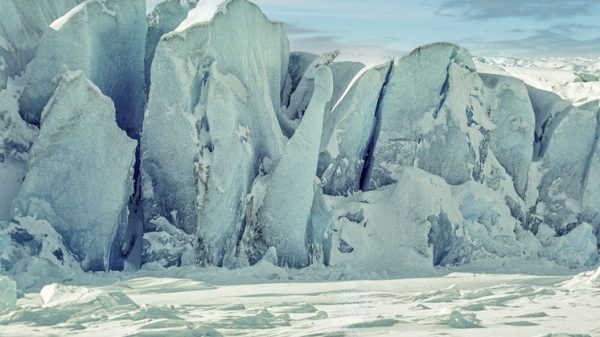
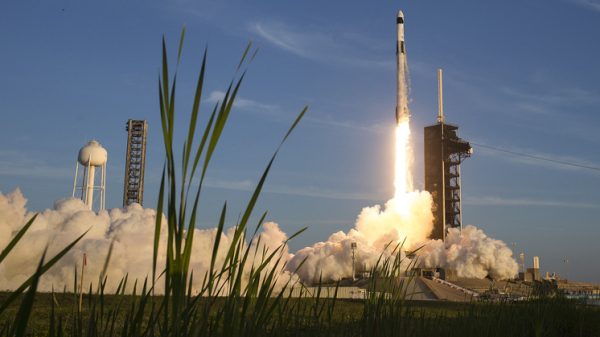













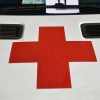

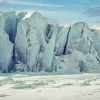
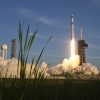
















Свежие комментарии